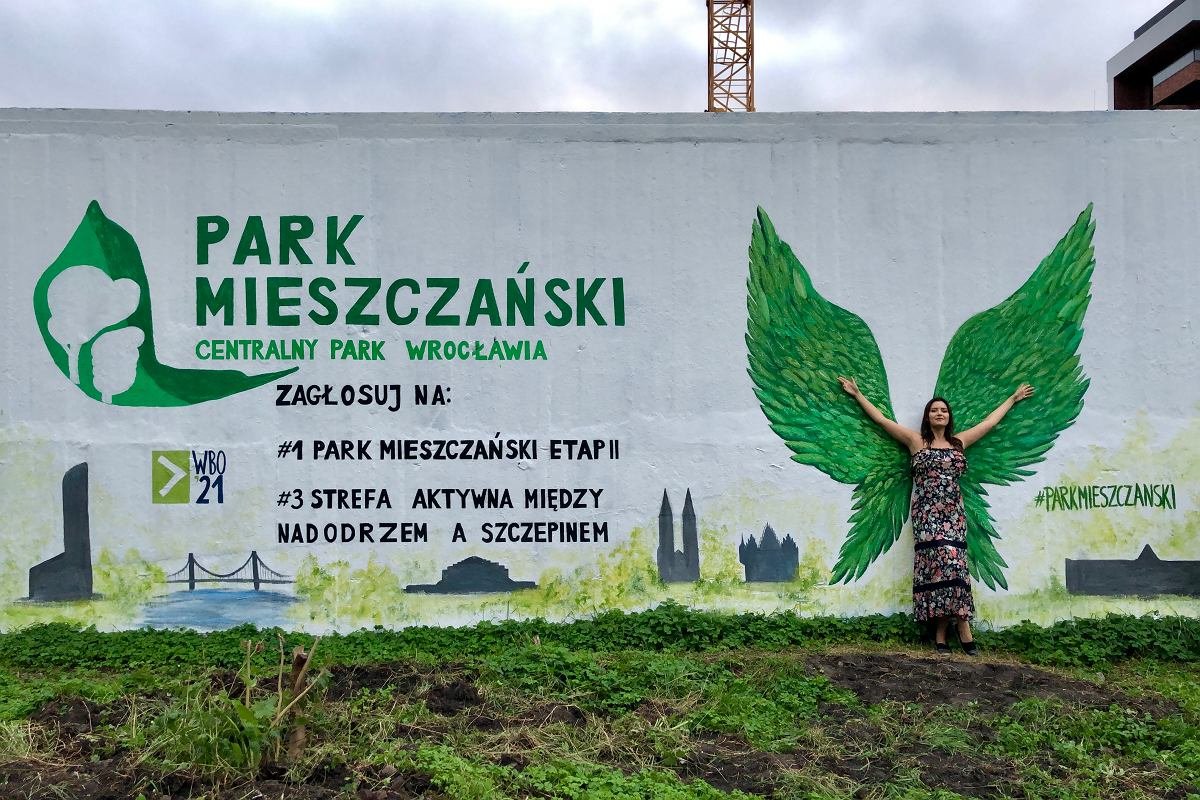
The city of Wrocław, Poland has been running a participatory budgeting program (Wrocławski Budżet Obywatelski) since 2013. Participatory budgets, which were originally conceived in Brazil, allow citizens to decide how to allocate part of the municipal public budget through a process of democratic deliberation and decision making. In Wroclaw, part of the participatory budget funds is always dedicated to creating new green areas or funding projects in existing green areas - and this category is consistently most successful, with the majority of the projects funded in the "Green spaces and recreation" category, based on citizens predominantly voting on those projects. In 2017, the city ran two editions of the participatory budget programme: The second edition - the so-called "Green Participatory Budget" - was dedicated to projects related to greenery and green urban areas. The realised projects include creating new green spaces, restoring or greening existing green and public spaces, making inaccessible green areas accessible by, for example, creating access paths safe for local flora and fauna, educational materials (e.g. infosigns) about local flora and fauna to engage citizens with local nature and biodiversity, green corridors, and spaces for recreation in existing green areas. Before being put up for voting, the proposed projects are assessed by experts from the Wroclaw Green Spaces Authority to ensure the projects do not negatively affect the existing greenery in the city and are in line with Poland's Environmental Protection Law, as well as Wrocław's Climate Adaptation Strategy. A total of 432 projects were realised in the programme between 2013 and 2021.
